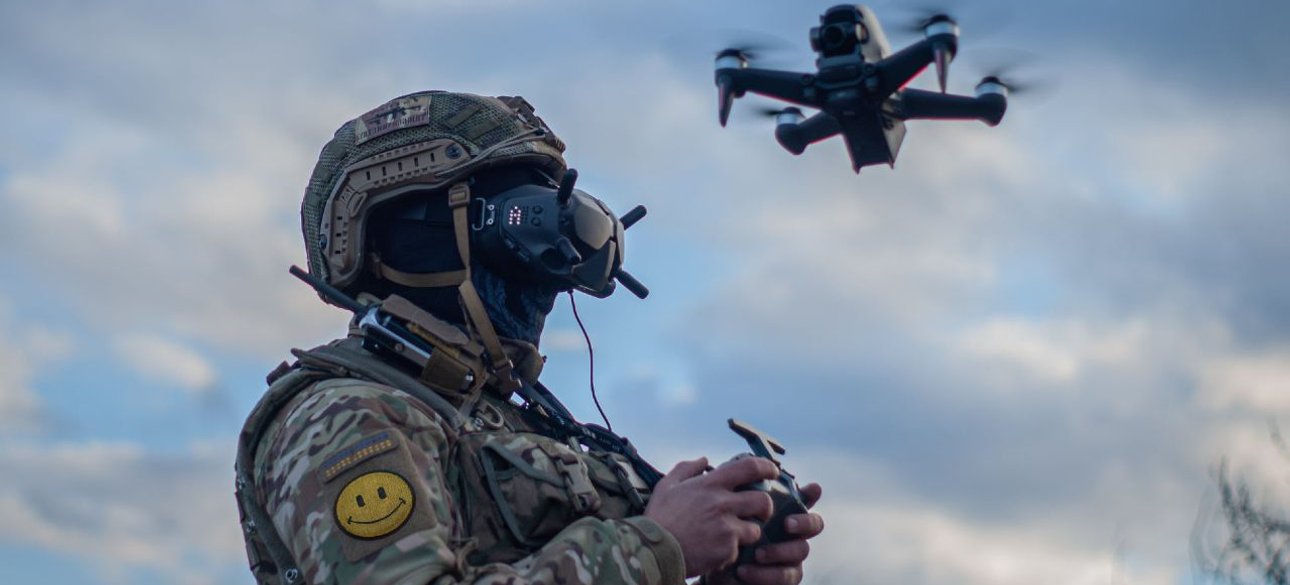
 By Victor Duda
By Victor Duda
This is a case that is periodically given in business schools. In the United States, there is a lot of domestic air traffic, and it is important for people not only to arrive quickly, but also to leave the airport quickly, without waiting six months for luggage. Therefore, the airline has set itself the goal of getting the passenger out of the airport faster, and not only from the plane. The problem was that the time when the first suitcase falls on the luggage belt was set as the CRI for porters.
As a result, one of the porters grabbed the very first suitcase and happily ran with it to the baggage claim area. Formally, the CRI was implemented, but in fact the passengers (except for one) did not receive the promised quick exit from the airport. Something similar happened in our country during the war, when a few years ago the so-called eBalls were introduced from the submission of the Ministry of Statistics (something went wrong in the branding phase, as you can see).
The idea itself was not bad - these are the key indicators of the result by which the effectiveness of our crews is evaluated: the destruction of personnel, equipment, etc. More "fat" targets - more points. More points means more drones for the unit.
It seems that everything is fine - those who do their work more efficiently get more resources, right? But if our efficiency has increased so much, why are we losing towns and villages? And everything is very simple - because this is no longer a CRI for a pilot. There is no CRI "to hold Pokrovsk" — it is more correct to say that there is no CRI "to prevent Pokrovsk from being bypassed from the flanks and to take control of all logistics with drones.
" Points and drones won't be given for this, you know? Now the problem is getting bigger. The SBS is currently showing sky-high efficiency — and in particular in points.
But for which section of the contact line is the SBS responsible? In no way am I saying that they should keep it (there are now and in the past precedents when their individual units have done so - but this is the exception, not the rule); it's just that if our task is to hold the ENTIRE line with minimal loss of personnel and, if possible, territory, then resources (drones and more importantly pilots) should be directed to that task.
That's why it's a little scary for me to see Magyar's posts indicating the number of pilots who want to transfer to SBS from other units. I perfectly understand each of them (both pilots and SBS). The only question is how the brigades, which already have practically no infantry, will hold the line after losing some of the pilots? Another problem is that with the weight of "ePoints" we are creating a kind of "financial pyramid".
Because if we determined that we pay a lot for target A and not for B, then everyone will rush to hunt type A targets.
But the question is, can we then provide these units with the right number of drones according to the points they earned? And how many points should be given for this or that goal and is this assessment the same for different areas of the front? Well, will the remaining budget be used to provide the unit with the same NRK that preserve the blood of the infantry, but are intelligence material? Because the priority tasks are now set not by the commander and the combat situation, but by the table of coefficients.
Do you understand? And again, drones perform many important tasks that are not scored, but are important to the stability of the line. And don't think that I'm against the existence of KRI in the war - I'm not. Simply, according to one of my military comrades, "the eBal system was very necessary, but at some point it ate itself. " In addition, sometimes you have to make corrections if something goes wrong. And the current situation is exactly that case. The problem, as always, is in the details.
Because poison often differs from medicine only in dosage. The CRI must follow priorities and they may be different in different places. Because for many pilots, getting points has become a priority in itself, and this is "from poverty". Because there are fewer and fewer other ways to get drones. And the current evaluation system does not always dictate the best priorities. But whoever writes the CRI determines the future. And, it seems, the time has come to make corrections to the assessment.
As an example of the correct CRI, I can cite the Air Force of the Allies during the Second World War, which strengthened bullet-ridden planes not in those places where there were the most holes, but in those where there were none. Because planes that were damaged in the cockpit and engine area simply did not make it, and with damage in other areas, the chances of survival were greater. Then analyst Abraham Wald thought of it.
Regarding the transfer of pilots to SBS, also understand me correctly, I understand and deeply respect both them and SBS. I just don't understand what will happen to the front after that. And in general, it's time for us to reevaluate a lot of things. We are no longer winning the technological war, as it was a couple of years ago. And the resource war — all the more so. In the near future, we have to reassess many things if we want to survive.










All rights reserved IN-Ukraine.info - 2022